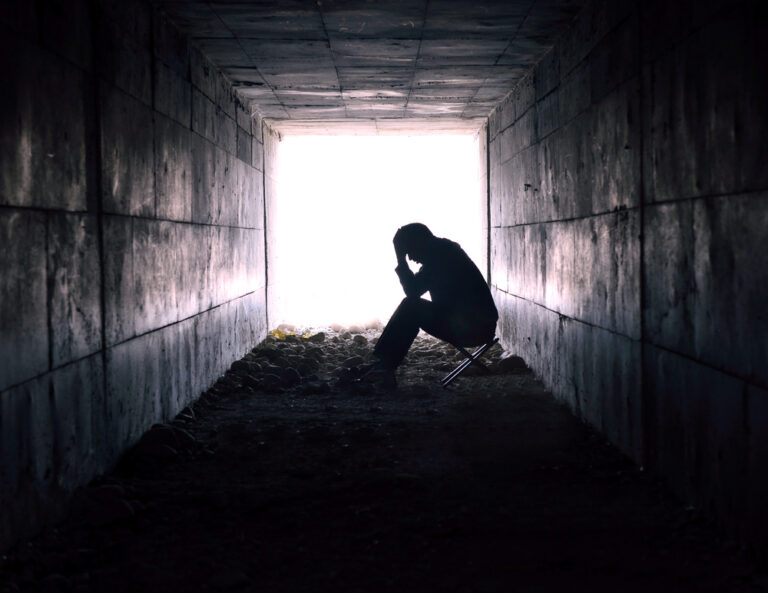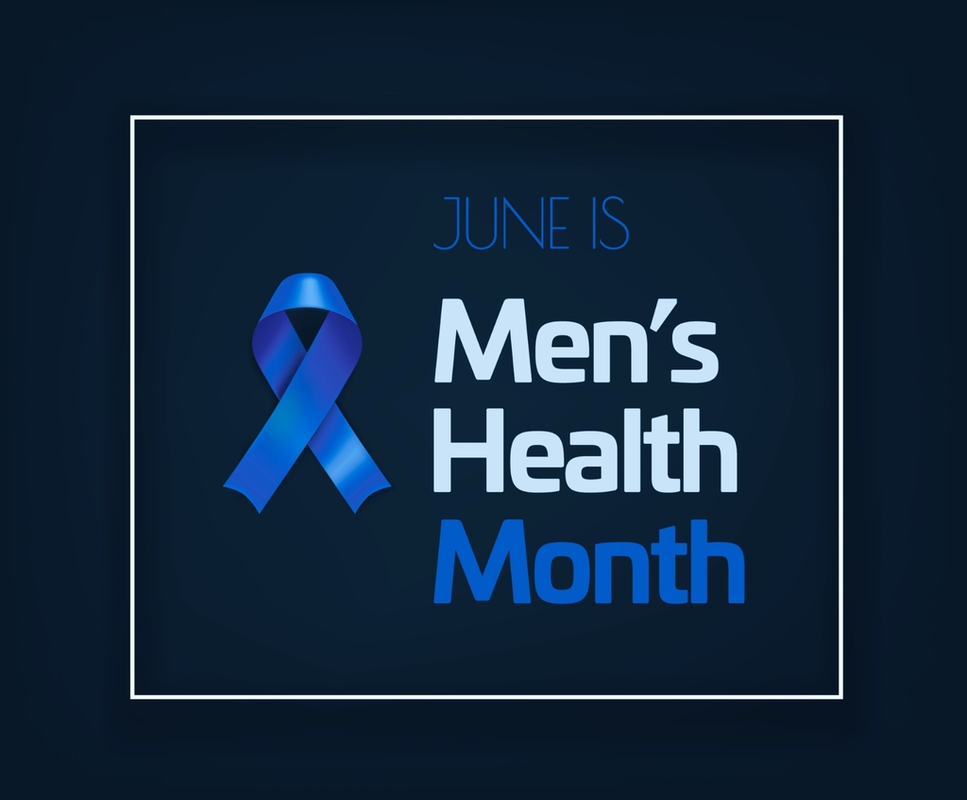National Depression Education and Awareness Month
National Depression Education and Awareness Month takes place during October of each year. Depression is a widespread mental health condition that affects millions of Americans and people around the world each year. Oftentimes depression goes unnoticed and//or untreated, which only leads to worsening symptoms. Many events can lead to depression, events that people face every day, so if you or a loved one are suffering from depression it’s important to know that you’re not alone and help is available.
Sometimes someone with depression may feel like they cannot talk about what they are feeling because there is a stigma associated with depression and treatment of depression. This is precisely why it is so important to have a health awareness for depression, to have open discussion on this mental health condition and learn about symptoms, what life events can cause depression, and what some treatment methods are.

Potential Causes of Depression
There are a variety of experiences and events that can lead to depression, in many cases a person may not be able to pinpoint exactly what caused it or when it started. They just come to a realization that they are not feeling like themselves, or maybe a loved one notices first.
Some common causes of depression can include:
- Losing a Loved One – Grief after the loss of a loved one, although a natural part of life, can increase the risk of mental health conditions like depression
- Experiencing Trauma of Abuse – Any form of physical, emotional, or sexual abuse
- Ongoing Illness – Depression can happen concurrently with a serious illness, or even be triggered by another medical condition.
- Substance Misuse – People who have substance abuse issues can also suffer from depression, and although substances can feel like they are helping, they typically make the individual go deeper into depression.
- Sudden Life Changes – Sudden life changes, whether they are good or bad lead to depression. This includes unseeingly positive events like graduating college, starting a new job, or getting married for example.
- Traumatic Childhood Experiences – Traumatic experiences in childhood have been linked to depression, some examples include divorce of parents, moving frequently, abuse, etc.
Symptoms of Depression
Symptoms of depression are varied and can change over a period of time. If you believe you or a loved one are depressed, take note of and monitor symptoms, when they begin, if they change, and how long they last.
- Feelings of anxiety or sadness
- Eating more or less than usual, having no appetite
- Hard time falling asleep and staying asleep
- Experiencing a lot of pains and aches, headaches, stomach pains
- Loss of interest in hobbies and social activities
- Feelings restless, irritable, or easily frustrated
- Feeling tired, even when well rested
- Thoughts about and feeling helpless, worthless, guilty
- Thinking of self-harm or suicide
*The following information is not intended to provide a medical diagnosis, if you believe you or a loved one are depressed, please schedule an appointment with your medical health provider right away.
Feeling Down?
The first thing to remember is you’re not alone and help is available. If you have thoughts of suicide call the National Suicide Prevention Lifeline immediately at 800-273-TALK.
Even though it seems impossible the sooner you seek treatment, like seeing your Doctor, and possibly a therapist, the better your outlook. Treatment for depression can shorten the duration of the symptoms and reduce symptoms in general. Your doctor or a qualified mental health professional can help determine what treatment is best for you. Aside from medication, treatment plans may include things like, getting healthier, quitting substance abuse, overcoming fears and insecurities, coping with stress, coping with past events, understanding what bothers you, why and having a plan for how to process your emotions.







